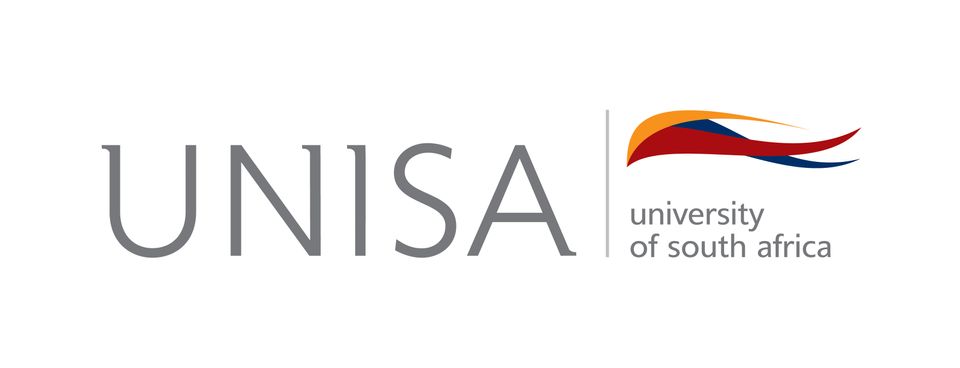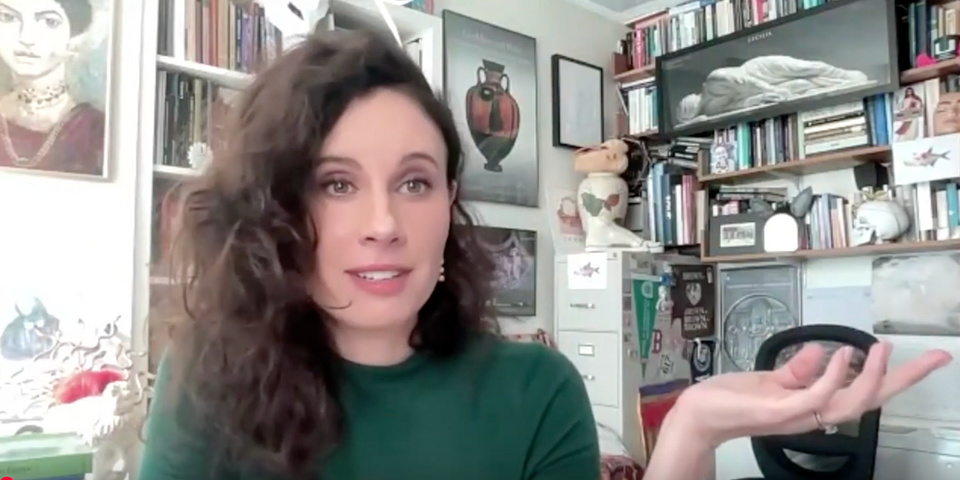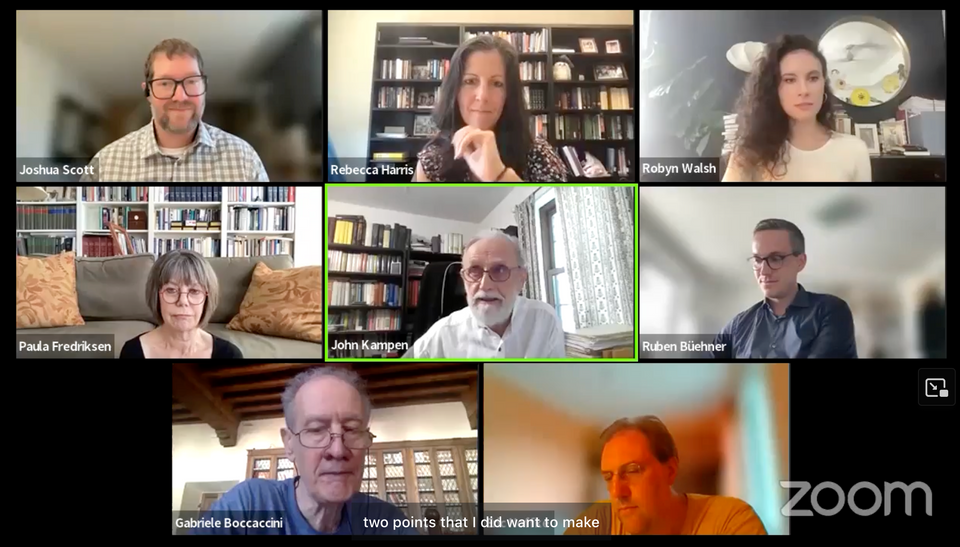I am excited to announce that I'll be part of a webinar on Friday, March 4th, with the University of South Africa. The speakers include me, Willi Braun, and Ahmed El Shamsy.
Here's the official description from the University of South Africa:
“Religion” as concept, as collective noun for sets of discourses and practices, and as “object” of study, has, in recent years, been retheorised and redescribed as a discursive formation. Within the context of an anthropocentric study of religion, the concept “discourse,” together with the phrase “religion as a socialdiscourse,” does not just indicate that “discourse” (as even in the sense of religious discourse) is a collective noun for the contents of sets of significations that construct our way of knowing the world, it also includes the social location/s that form/s the originary matrix for the particular invention of these sets of significations; and it includes the social interests encompassed by or encapsulated in, and giving rise to, these sets of significations. This way of knowing-through-acts-of-signification is not just individual but is socially conditioned, that is, it is institutionalised in canons of tradition, schools of thought, habitus as habituated action, social formations, cultural and socio-political-economic conventions, that is, as discursive formations.
“Discourses are practices ‘that systematically organize and regulate statements about a certain theme; by doing so, discourses determine the conditions of possibility of what (in a social group at a certain period of time) can be thought and said’ (Eder 2006). Hence, discourse analysis does not only look at the textual and linguistic dimension of a topic but also at the practices that carry or change orders of knowledge. This includes institutions such as governments, courts, scientific associations, religious organizations, the media, as well as universities. These practices determine ‘the conditions of possibility of what can be thought and said’ from identifiable positions of power. That is why discourse research always pays attention not only to an analysis of what is being said or done, but also of who says or does it, and from which position and institutional background this is said or done” (Jay Johnston and Kocku von Stuckrad, Discourse Research and Religion, 3).
The study of “discourse” is, in this understanding, a way into investigating all the concrete operational sites of a given historical society’s sense of self – its self-understandings, its self-representations, and its self-reinscriptions, the way in which these manifest in social and political institutions, public texts and literary traditions … at all levels and stages of history.
These questions of discourse run as a golden thread through Willi Braun’s Jesus and Addiction to Origins. Towards an Anthropocentric Study of Religion, Robyn Faith Walsh’s The Origins of Early Christian Literature: Contextualizing the New Testament within Greco-Roman Literary Culture, and Ahmed El Shamsy’s Rediscovering the Islamic Classics: How Editors and Print Culture Transformed an Intellectual Tradition.
The authors discussed in this webinar have all three in their various ways explored the formation of religious discourses (whether early Christian or Islamic), and the formation and institutionalisation of scholarly discourses both in Late Antiquity and in more recent centuries, thereby laying bare how religions and the study of religions are invented traditions and invented, mythographic histories. This webinar is an opportunity to draw the conversations elicited by these works into our research and teaching as resources for imagining scholarship differently, and for thinking with to the enrichment of scholarship, and for the promotion of inter-field and interdisciplinary/trans-disciplinary work on religion.
If you're interested in attending the webinar, please see this Word document:
Thanks so much to the University of South Africa for inviting me!



